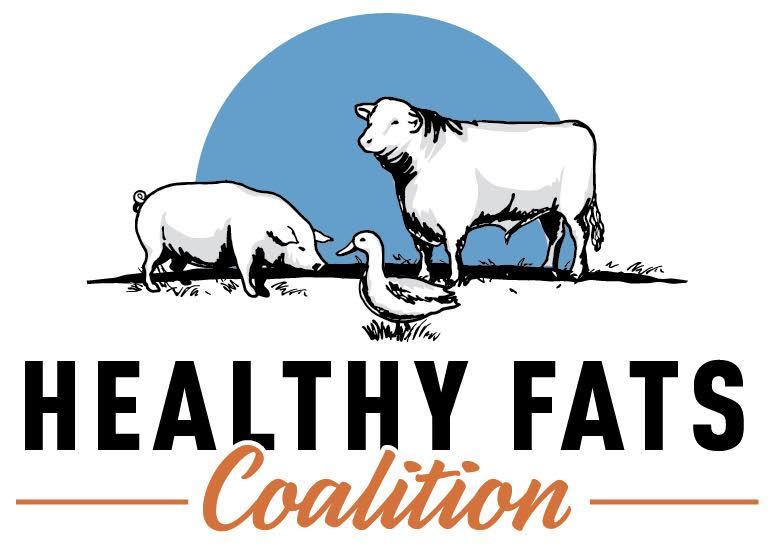A conversation with Sally Morell, founding HFC supporter
Established in 1999, the Weston A. Price Foundation showcases the work of its namesake and the nutrition/health principles that are his legacy. Weston Andrew Valleau Price (1870 –1948) was a Canadian dentist known primarily for his theories on the relationship between nutrition, dental health, and physical health. He founded the research institute National Dental Association, which became the research section of the American Dental Association and served as the NDA's chairman from 1914 to 1928. In 1945, he published a seminal book, Nutrition and Physical Degeneration, on his theories. Today, the Foundation operates what is regarded as the most viewed alternative nutrition website on the Internet, westonaprice.org. The organization counts a membership of 13,000, and over400 local chapters. Their quarterly journal, Wise Traditions, has been published since 2000.
What does the Foundation mean by “alternative nutrition”?
Sally: We distinguish our approach from what we call “government policy nutrition,” which is basically low fat, low salt, high fiber, as well as from the many dietary schemes out there that demonize certain food groups, such as dairy foods or grains. We see the Dietary Guidelines for Americans as a death diet, a diet designed to result in very unhealthy children, more sickly with each generation. And there is no science behind this diet. Science validates traditional cultures regarding animal fats. Saturated animal fats are essential for life. If we follow the dictates of the government diet, however, we’re all at risk. The government diet is the creation of the edible oil industry working behind the scenes. They want you to consume industrial seed oils. While people think they're eating a low-fat diet, they're actually eating these hidden industrial seed oils. When we eat butter, we know we're eating butter, when we cook with lard, we know we're cooking with lard, and so on. With these edible oils, it’s simply not clear what you’re eating.
The better approach is to realize you have to eat completely differently while making a concerted effort to counter the advertising propaganda. The edible oils lobby has created the impression that it's vulgar to use lard, and that if you consume butter, you should feel guilty. Many people have a hard time getting over that feeling of guilt, especially the amount of butter I'm recommending (at least four tablespoons a day). Butter is the perfect fat for the growth and development of all mammals, there can’t be anything wrong with it.
What are the do's and don'ts of proper nutrition, the basic guidelines?
Sally: Don’t eat anything with industrial fats and oils. Don't use margarines and spreads. Don't cook in vegetable oil. Use basic fats – butter and lard for cooking, tallow for frying. By the way, lard is a great source of vitamin D. Poultry fats are very good as well -- duck fat, goose fat, chicken fat. Eat the skin on the chicken, and make gravy with the fat because there are wonderful vitamins in poultry fat.
Do you feel that the reputation of animal fats is changing?
Sally: Yes, it’s changing slowly and yet there's still so much to change. It is a daunting challenge to turn around over one hundred years of government propaganda. Let’s just say that if you want to get healthy, you want to go on our diet, and you've never done this before. I wouldn't say the first thing is go organic -- the first thing is get your fats right.
I find more and more people are saying, “Oh yes, we only use butter.” If 10 percent of the population thinks differently about something, the population has to accommodate them. I’m clearly aiming toward that 10 percent eating butter…
Still, not enough restaurants are cooking in animal fats. There's the sense that this is what we should be doing. But it’s not always easy. Every time we're getting one step ahead, there's sort of like a step back.
How much animal fat should we be eating daily? What are your recommendations?
Sally: I eat four tablespoons of butter daily, at least. I think 50 percent of your calories, at least, should be from animal fat. That doesn't mean 50 percent of your food, because animal fats are much more caloric than proteins and carbs. I think lard is very important for many reasons, but one is that it's one of our best source of vitamin D. And you need that balance between the two. Egg yolks likewise are very important. So much of what we eat (and should eat) is based on tradition: eggs, butter, bacon, all the good foods, what our grandparents ate. That’s what I mean when I say, “get your fats right.” Then you can tweak the other things.
What about beef tallow?
Sally: We should be using tallow for anything fried because that’s the safe way to make the food crispy. Until 1984, French fries in fast food restaurants were prepared in beef tallow or lamb tallow, both of which are safe and healthy. But then they switched to vegetable oils, all of which are carcinogenic.
How should we avoid industrial fats and oils in the modern American diet? What are your suggestions?
Sally: You have to prepare your own food, that’s number one. It doesn't need to be fancy. You can make yourself a hamburger, or a steak and a baked potato with butter, or homemade salad dressing, etc. These are very easy to do; you just studiously need to avoid processed foods.
Are there areas on your website where beginners can go for more information?
Yes, there are. On the right right-hand side of our website, westonaprice.org, look for the nav bar and take a tour. That's the best place to start.



